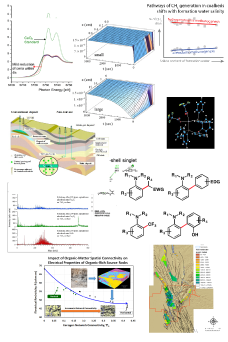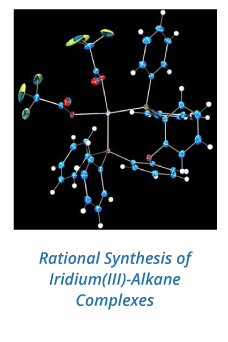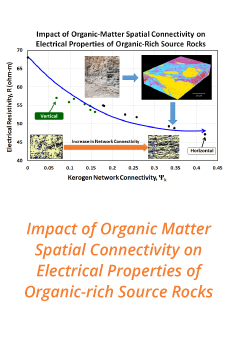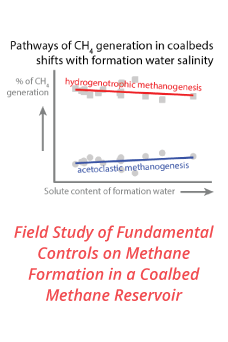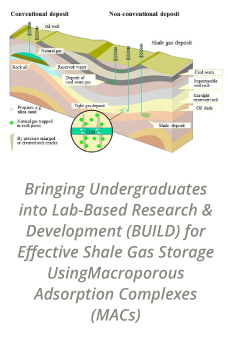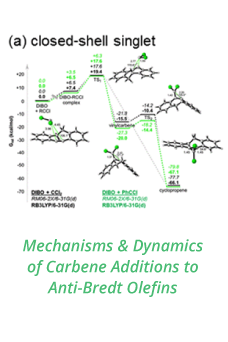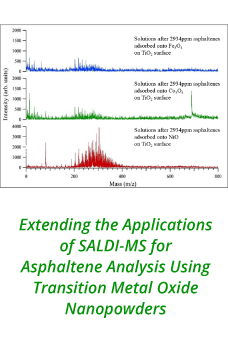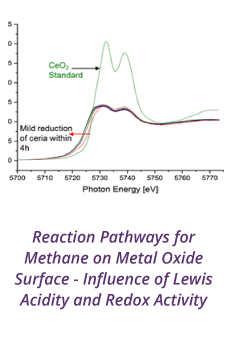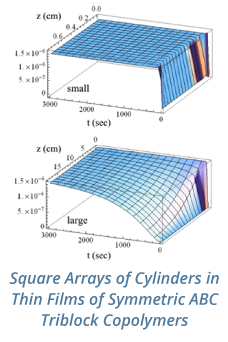Reports: ND953313-ND9: Methods for Closed-Loop Chemical Production Scheduling
Christos Maravelias, Universtiy of Wisconsin (Madison)
Traditionally, schedules have been constructed by experienced scheduling personnel with assistance from spreadsheets. In the last two decades there has been an increasing thrust towards using advanced computational tools to achieve better schedules. Hence working with scheduling models to optimally plan operations has become an important problem for chemical engineers [1].
Although the process systems engineering community has worked on building accurate models and better solution methods, the aspect of repetitive scheduling has received limited attention. In a dynamic environment multiple disturbances to implemented schedule are seen, which necessitate taking recourse actions to find the best operating schedule for the current scenario that has realized. Disturbances such as task delays, yield losses, unit breakdowns or rush order arrival can render a previously computed schedule suboptimal.
Past work [2] from our research group conceptualized and transformed scheduling models in a state-space form enabling convenient implementation of re-scheduling. Utilizing this state-space formulation we are currently investigating re-scheduling and trying to answer how design of scheduling problems (open loop schedules) affects the quality of resulting repetitively modified and implemented schedules (closed loop schedules). Understanding this relationship will enable us to make recommendations on how to go about making scheduling decisions in various economically relevant dynamic operating environments exhibiting key identifiable characteristics.
To enable our investigation we have successfully created a computational framework through which we can quantify and analyze the quality of closed loop schedules. Using this framework some of the specific studies we have carried out are:
- Effect of predictive horizon length of each open loop problem on resulting closed loop schedule
- Effect of frequency of re-scheduling on resulting closed loop schedule
- Effect of optimality gap in computation of each open loop problem on resulting closed loop schedule
- Recursive infeasibility in closed loop schedules due to lack of appropriate terminal constraints in open loop problem
Decisions made early on in a production process should account for possible future disruptions to schedule. Therefore we are investigating various design approaches of open loop problem to account for uncertainty in the future. The three approaches we are evaluating are (1) deterministic scheduling, (2) robust scheduling, and (3) stochastic scheduling. We are running benchmark studies using Monte Carlo simulations to evaluate and consequently make recommendations on which design approach works better and how its internal formulation should be tailored to achieve better closed loop schedules given certain operational environments e.g. large volatility in product demands, busy/idle production lines, equipment prone to frequent failures, uncertain production yield losses etc.
We found when a certain level of demand uncertainty is present robust approaches yield better closed loop schedules when schedule for process plant units are relatively busy. However deterministic approaches are better when process plant units are relatively idle.
We are now carrying further investigation for comparing performance of approaches when task delays, yield losses and unit breakdown uncertainty is present. A manuscript is under preparation for a detailed technical reporting of our investigation.
[1] Harjunkoski et al. "Scope for industrial applications of production scheduling models and solution methods." Computers & Chemical Engineering62 (2014): 161-193.
[2] Subramanian et al. "A state-space model for chemical production scheduling." Computers & chemical engineering 47 (2012): 97-110.

